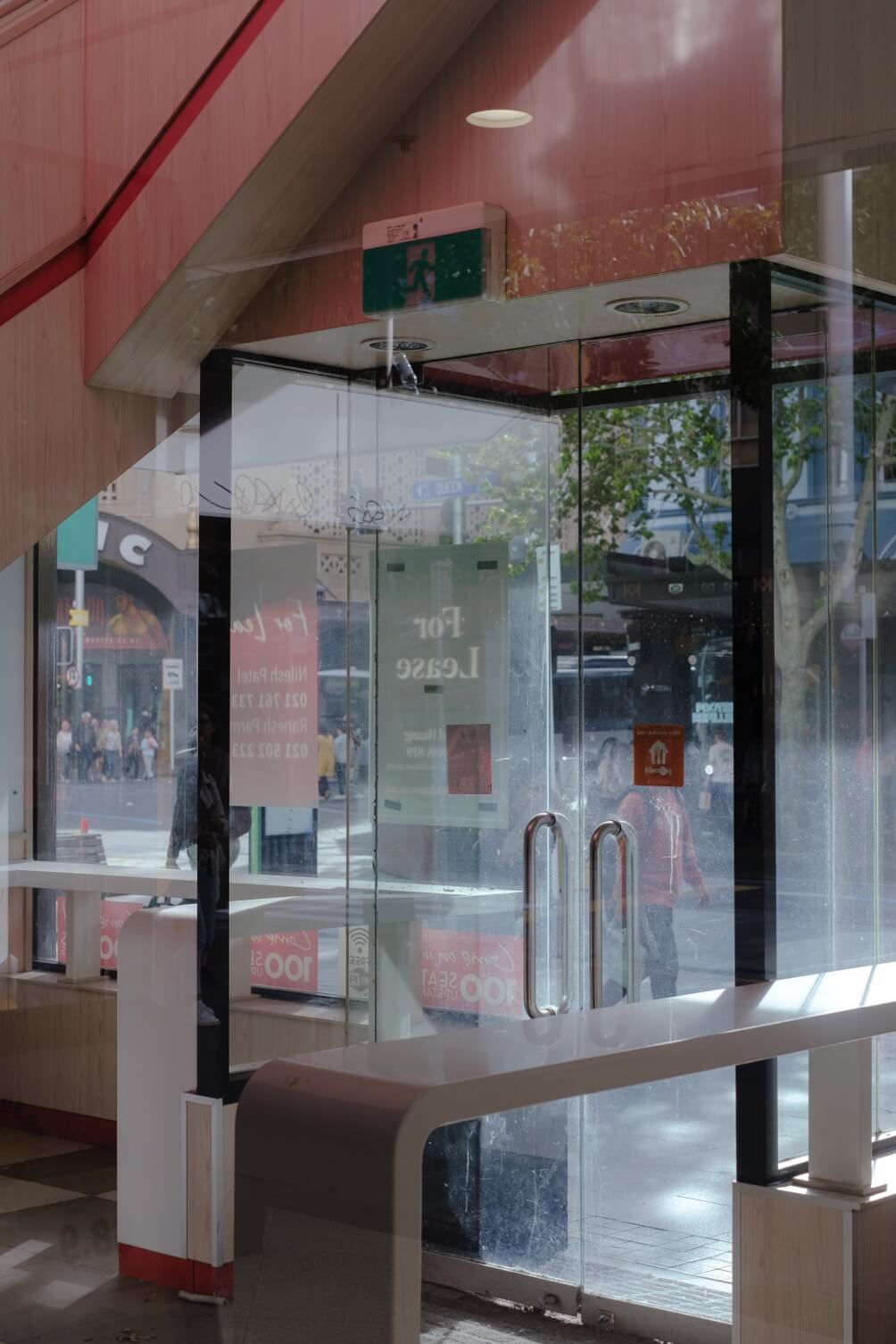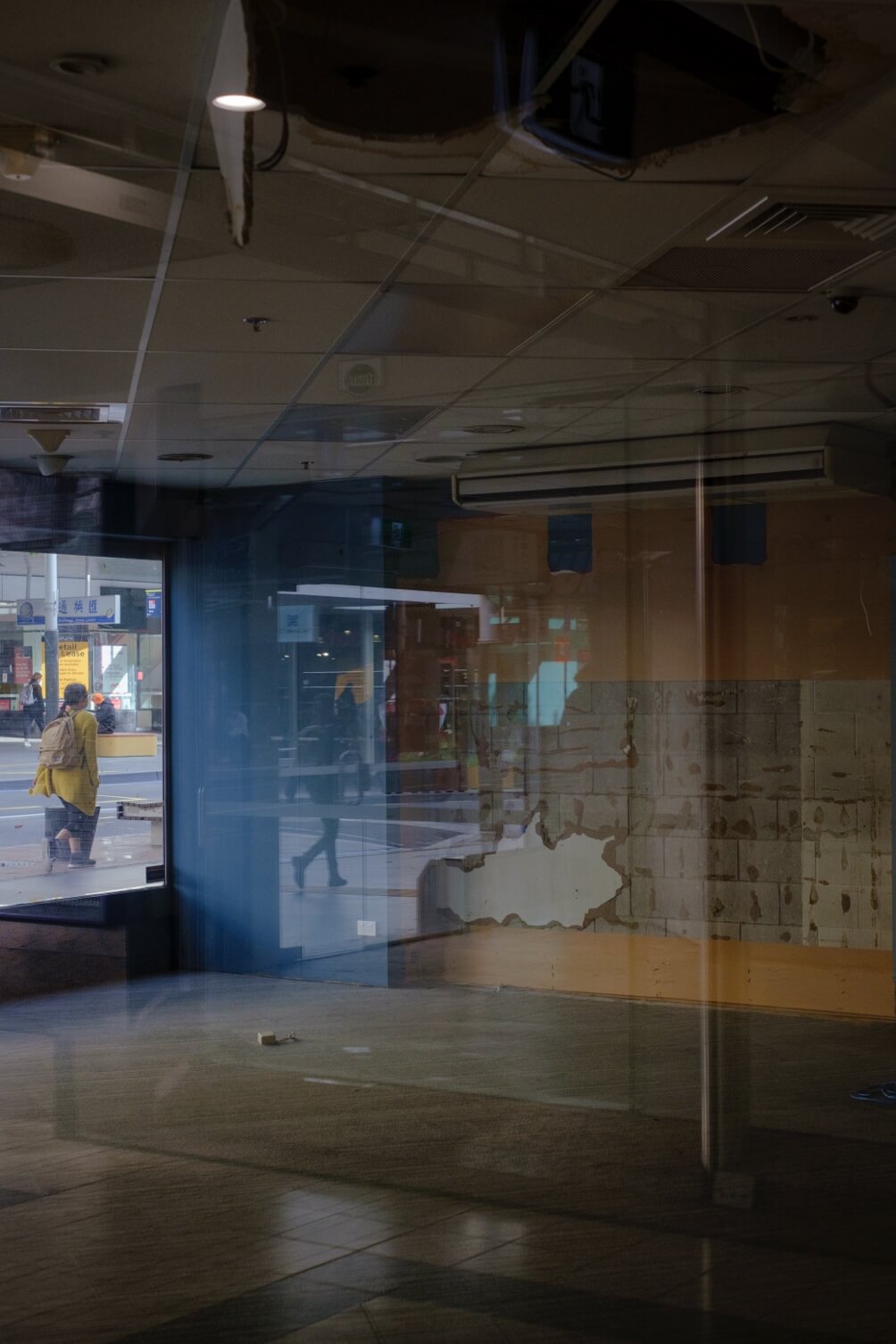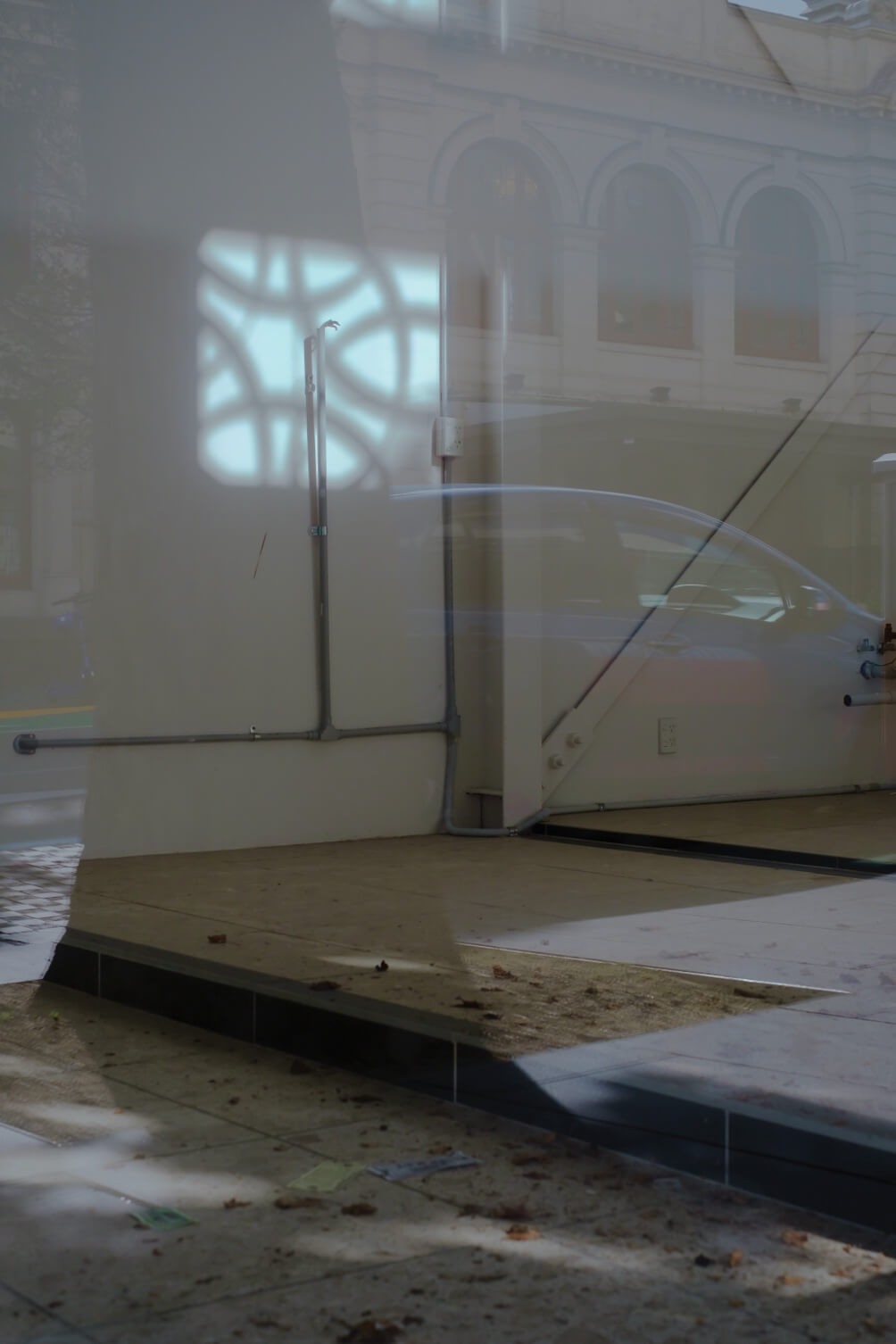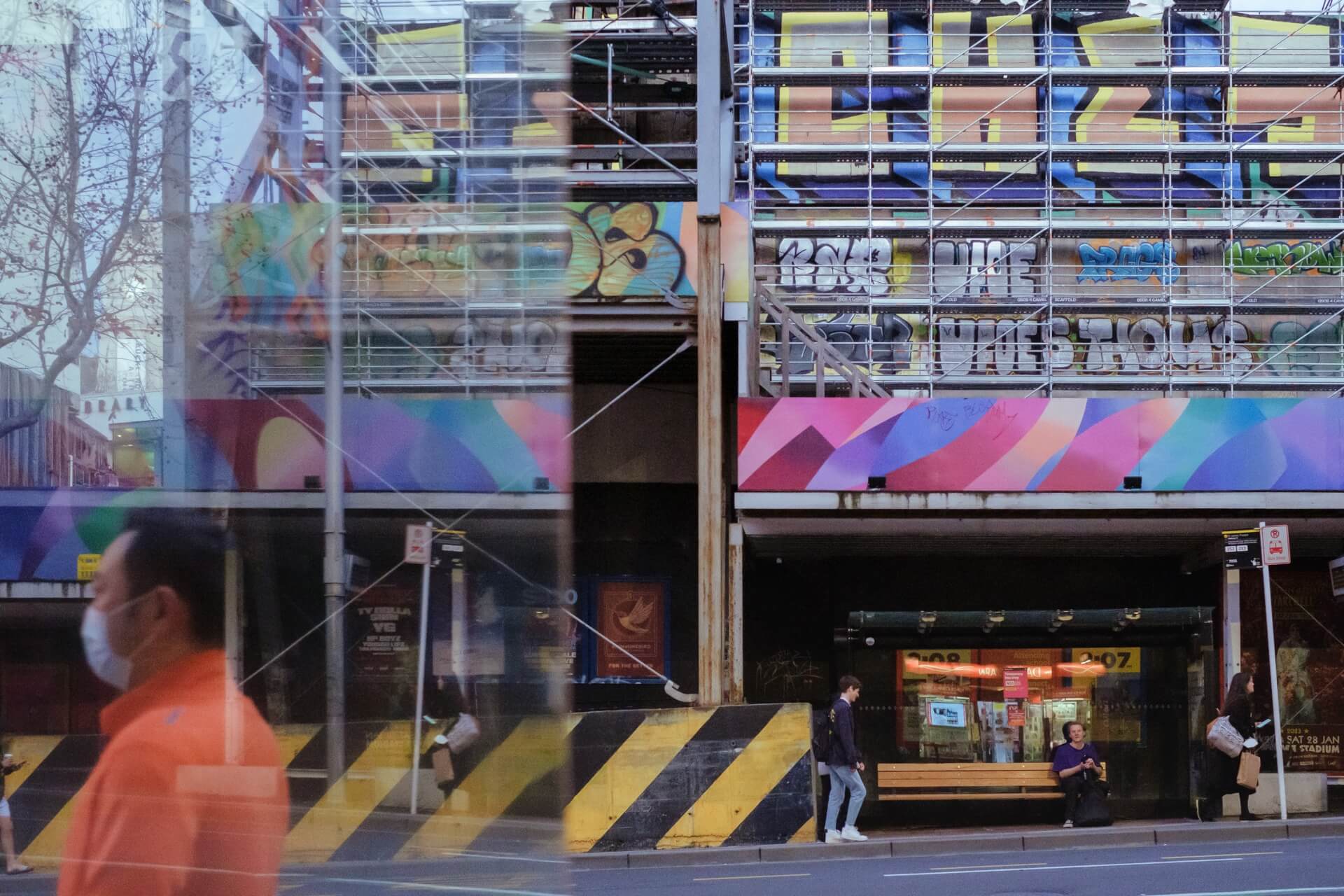Jan 12, 2023 Property
On 25 March 2020, Viv Beck stepped out of her Queen St office into what felt like a scene from a zombie movie. The walk back to her city centre apartment was usually an obstacle course of rush-hour commuters, Link buses and lingering late-afternoon shoppers. That day the street was deserted. Two people were sitting outside her building. She asked if they had somewhere to go, worried they wouldn’t see many other people on the street for a long time.
Elsewhere in Auckland, hordes of shoppers were cramming into suburban supermarkets to panic-buy trolley loads of toilet paper. They lined up at KFC drive-thrus for one last morsel of the colonel’s secret recipe. The city centre had none of that nervy, pre-lockdown buzz. Beck had devoted much of her working life to shaping the area into a humming commercial hub. In one sentence ending with the words “we will go to Level 4”, those efforts had gone up in smoke.
The place Beck knew before March 2020 hasn’t come back. New Zealand’s first lockdown only lasted six weeks, but Queen St’s malaise has lingered. In 2019, the street took in $551 million in sales. In 2021, that figure had sunk to $349 million. The decline in customer numbers has accompanied a hollowing-out of the street itself. In May this year, the Herald’s Simon Wilson walked its length and counted 38 empty premises. Some of the vacancies are obvious. Near the St James Theatre, untenanted shops have ‘for rent’ signs nailed to the boards across their windows. Others are cleverly disguised. The site of the Queen St Burger King, once a grime-encrusted haven for late-night revellers, is now decorated with a blue and green mural.
Critics are divided on who’s to blame for our premier street’s decline. Auckland’s newly elected mayor Wayne Brown has called Queen St a “crime scene” and taken aim at the commercial impact of City Rail Link construction. One of his advisers, Metro commentator Matthew Hooton, says it’s a “crime-infested wasteland” and points the finger at authorities “following the advice of the ‘urbanist’, public-transport, cycling and ‘social-housing’ lobbies”. Wilson says the ram-raiders are less of a worry than the landlords who have vandalised the street by failing to fill their shops.
Ask the landlords themselves, or the people who help them tenant their buildings, and they’ll all deliver variations of the same message: it’s Covid, stupid. In their eyes, there’s nothing surprising or special about Auckland. The widespread rise of remote work and decline of tourism during the pandemic sent city centres into a downward economic spiral the world over.
They say Queen St’s troubles are particularly acute because two industries that used to sustain its economy have been decimated by Covid. Cruise ships haven’t visited for the better part of three years. Even as they return, some are entering the harbour as plague ships, with onboard Covid-19 outbreaks keeping many of their passengers isolated in port. Meanwhile, international students, who once made up a sizable portion of the central city’s resident population, haven’t been able to get into the country. Chris Beasleigh, national manager of retail sales and leasing for Bayleys, says the economic reverberations from 25 March 2020, the day Beck stepped out into a deserted urban expanse, are still echoing two and a half years on. “We’ve had no tourists. No students. No one has been in the city on the whole for the last two years. So you’ve had vacant shops, because there were no customers.” Landlords can’t be blamed for struggling to find tenants in those conditions, he says. “If you’ve got a vacant shop, no one wants to take it anyway.”
Property Council chief executive Leonie Freeman echoes Beasleigh’s point. “Don’t think about it from a landlord perspective — put yourself in from the perspective of a retailer. If you were a retailer in the last couple of years, would you go and open a shop in Queen Street?” she asks.
Freeman sees the city centre as a place paused at a low ebb of what would have been a relatively normal cycle of urban regeneration. It was always going to suffer economic upheaval following the opening of Commercial Bay on Customs St East and the resulting migration of high-end shops and eateries to the mall which stands parallel to Britomart train station, she says. Ongoing roadworks from a pedestrian and public transport upgrade to the street have also hurt. But thanks to Covid and its associated economic shocks, those setbacks have lasted longer, and cut deeper, than would otherwise have been the case. “It’s stopped the normal evolution or regeneration of city areas. Everything’s just been exacerbated by Covid.”

Queen St, Auckland
Just a kilometre or so away from Queen St, on Karangahape Rd, it’s early evening and an eclectic crowd is gathering. Happy-hour customers are taking their seats at Coco’s Cantina . A man in Dirty Dog glasses dips out of a liquor store with a 12-pack of VBs hoisted under his arm and heads for Myers Park. Just down the road, a woman cycles past Caluzzi with a toddler packed into the front compartment of her e-bike, moving in the direction of Grey Lynn. The bustling streetscape is a rebuke to the idea that empty shops are an inevitable consequence of the pandemic. Sarah Firmston, owner of the Karangahape Rd vintage shop Crushes, is making a checklist of all the shops near hers that have shut down in the last couple of years. She can only think of one. “We’re actually very lucky in the grand scheme of things,” she says. “I’ve heard some absolute horror stories over the Covid period, but we’ve been very, very fortunate.”
Firmston attributes Crushes’ survival partly to the comparative generosity of her landlords. Her building is owned by the Pitt St Methodist Trust, which also controls several other sites in the heart of Karangahape Rd (including the Metro office). It gave its tenants an immediate rent holiday during the 2020 Level 4 lockdown, and adjusted payments down during other periods when restrictions were in place. Several other landlords on the road reportedly did similar deals. Assistance wasn’t quite as forthcoming for tenants on neighbouring Queen St. Firmston says she’s heard complaints that its landlords are demanding rent based on what the street used to be, rather than what it is today. “They’re charging for what they think should be happening in that area, but it’s actually not,” she says. “The biggest problem would be justifying the rent that they’re going to charge.”
Auckland Central MP Chlöe Swarbrick gets cynical when she hears city centre landlords using Covid-19 as a justification for not filling their shops. She thinks they could have tried harder, given the capital gains they’ve accrued over the last decade. “It’s crocodile tears,” she says. “We’ve had the most fertile and generous economic circumstances for those investing in property assets over the last 10 years, and now we get them crying poor. I don’t really buy it.”
Swarbrick sees structural factors as a bigger problem than the temporary economic pain inflicted by Covid. She points to tax rules that allow landlords to use the losses from empty rentals to offset their tax bill on still-profitable properties. “In holding rents kind of artificially high and not being able to get people in there, there is effectively a tax benefit,” she says. “Structurally and systemically, it is actually really set up to squeeze the little guys, and all of the rules are weighted in favour of those who own properties.” Though he hasn’t seen it in practice, tax consultant Terry Baucher agrees landlords with multiple properties could plausibly gain a tax benefit from keeping a shop vacant if they have other holdings. He gives the anecdotal example of someone making $100,000 from a suburban cafe and a $50,000 loss on a Queen St rental. “They can offset that loss against their other income and their tax bill would be halved.”
The government recently introduced rules aimed at stopping a similar sort of shrewd accountancy in the residential property sector, removing landlords’ ability to claim the interest on their home loans as an expense and in the process reduce their overall tax bill. Swarbrick wants a similar kind of ring-fencing applied to the commercial sector. “Now that we have a lot of vacant commercial properties around the city centres at street frontage, wouldn’t it make sense?” she asks. She put that idea to revenue minister David Parker in Parliament recently. Parker replied curtly, saying it wasn’t something the government was looking at.
Several people also trace the issues at Queen St and other retail centres like Newmarket to something just as structural as Aotearoa’s tax laws: the astronomical prices of its property market. Landlords sometimes have hundreds of millions of dollars tied up in the capital value of their buildings, and that valuation is defined in part by how much rent those properties can pull in. Even during a pandemic where demand is reduced and compromise is needed to fill shops, they’d rather protect their capital gain than lower the rent and put it at risk, critics say. “Everyone just expects to make money by not really doing anything, by capital gains,” says Mark Todd, founder of the development company Ockham. “It’s just a rentier culture. Being wealthy is getting to own the shops, and no one’s got any respect for tens of thousands of little guys that have to run the hairdressers and fruit shops and florists.” Todd blames “entitled Baby Boomers” for a legal system that incentivises accumulating passive wealth above all else. “It’s a big issue around a rentier culture rather than an entrepreneurial culture. And that’s the Baby Boomer community. We’ve got 600,000 or so Baby Boomers, who are Wayne Brown voters, and they’re entitled. I’ll tell you who’s entitled: it’s not young people, it’s those old fucks.”
In his career as a developer, Rick Martin built the Nautilus apartment building in Ōrewa and the Sentinel tower in Takapuna. Both were controversial and difficult to consent and construct in the face of resistance from ratepayer groups. Martin believes rentier-friendly rules are disincentivising risk-taking. The smart move is to invest in real estate and protect the capital, even if it doesn’t necessarily mean doing what’s best for an area’s shopping environment or the local community, he says. “I tell all the young people now: don’t do what I did. To kids in their twenties, I say: ‘You’ve got a 20- or 30-year timeframe. Your property will double in value at least every 10 years. And then you’ll be able to get another one and another one and just be lazy’.” In essence, the real money is in owning property, and the land it sits on, not in renting it out.
These commentators have ideas on how to keep shops occupied even when business isn’t booming. Along with tax law changes, Swarbrick is interested in setting up a commercial tenants union, so retailers can fight to keep rents at sustainable rates. Edward Caughey, managing director of the Queen St mainstay Smith & Caughey’s, points to a new proposal in Britain which would see high street landlords forced to put their shop up in compulsory rent auctions if it’s been vacant for a year. Research from the centre-right think tank Onward posits that the move could fill 58,000 stores. Though Caughey has some sympathy for property owners’ difficulties during Covid, he says those claiming they have no choice but to leave their shops empty long-term “probably aren’t trying hard enough”. He has personal experience to draw on. Smith and Caughey’s owns several Queen St sites besides their own and didn’t lose tenants during the pandemic, partly because it offered rent reductions and holidays during Auckland’s lockdowns.
Wilson has proposed something more drastic than compulsory rental auctions. In the Herald, he floated the idea of imposing penalties on landlords that leave their shops vacant. “Charge them an empty-shops penalty. Or maybe clamp them in stocks in the middle of the street,” he wrote.

Queen St, Auckland
At the Princes Wharf offices of the leasing agency Retail Solutions, Tom Jeffries is struggling to suppress frustration over these sorts of criticisms. He says the landlords his business works with have gone to considerable effort to tenant their shops during the pandemic, with many offering shorter-term tenancies at heavily discounted rates. “There were definitely those deals,” he says. “The smarter landlords were offering them. There just weren’t many tenants looking.”
Richard James, national director of real estate management for Colliers, backs that up. Short-term tenancies were available with around a 50% discount, but many of the tenants sought by landlords weren’t looking to invest, he says. “It’s not that landlords are not willing to do a deal. I think many landlords are willing to look at deals. They want to see the CBD thrive.”
Given they attempted concessions and only had patchy success, Jeffries finds it difficult to accept the idea of penalty fees or other punitive measures against his clients. “It’s kicking the landlord when he’s down. He doesn’t want to have an empty shop,” he says. Beasleigh is even more opposed. He says ground-level shops often bring in only a small part of a building’s income, and landlords need to be able to make sure they’re a good advertisement for the offices upstairs. “What do you want? A vape shop? A sex shop? Just to fill it up? This is prime Queen St. You’ve got a $200 million asset. The retail is 1 or 2% of your income for the whole building. Are you going to put in a shit tenant? I’d just pay the penalty fee.”
That preference for desirable, or in property industry parlance, ‘quality’ tenants is perhaps the biggest point of contention between landlords and their critics. Jonathan Curtis, leasing and sales manager for Retail Solutions, says property owners are more likely to keep their shops empty to wait for the right tenant than because they’re against lowering the rent. Having a poor tenant is more likely to reduce the value of their asset, he says. “If you’ve got a quality tenant at a lower rent, then the value is going to get insured anyway. There’s no point in getting a crappy tenant on a low rent because that’s what will devalue your building.” Jeffries is more blunt. “If you’ve got a quality-status building, you don’t want a Hollywood Bakery. You don’t want McDonald’s if you’ve got high-powered lawyers upstairs. You want your building to look good.”
Property owners defend their preference for high-end retailers as a win-win for places like Queen St. They get a status-lifting retailer, and the street becomes more attractive in the longer term. But Swarbrick sees a world of possibilities between putting in a line of vape stores and exclusively catering for the flagship stores of high-end international chains. Landowners on Queen St and in other town centres need to get creative, she says. She wants Auckland’s business associations to employ agencies like Gap Filler, an urban regeneration company which helped link landlords with potential tenants following the Christchurch earthquake. “We need an intermediary who is able to say, ‘This is an all good small tenant that you should take a chance on. And if not, we can clean up the mess.’ Gap Filler’s shown that we can do it. It just happens, from my eyes, that we’re not connected enough yet in Auckland to do those same things.”

Queen St, Auckland
It’s late November, and down in Wellington, Reserve Bank governor Adrian Orr is hiking interest rates in an effort to engineer a recession. If a shockwave is about to hit the economy, it hasn’t registered on Queen St just yet. At its southern end, teenagers on e-scooters are weaving between planter boxes set down on newly expanded footpaths. A queue forms across the walkway for a bus. Crowds of customers are wandering into the downtown flagship stores of Cotton On and Nike; window shopping at the luxury retail outlets for Gucci and Sephora.
Auckland Council has recently removed two of Queen St’s car lanes and given them over to pedestrians. When the upgrade was in the works, landlords, together with Heart of the City, threatened legal action against the council, claiming temporary pedestrian solutions in place during construction were adding to their economic woes. Now it’s mostly finished, the city centre looks to be bouncing back. Foot traffic is up from its lows of 2021 and early 2022, there are whispers of international brands eyeing up the street for flagship stores, and Beck is at pains to clarify her organisation was never against an upgrade per se, just the way it was being done.
The post-pedestrianisation signs of recovery are a stinging rebuke to Hooton’s theory that urbanists and public transport lobbyists were behind Queen St’s fallow period. While the street still hasn’t been restored to how it was in 2019, an increase in tenanted shops has partly vindicated the landlords’ contention that Covid restrictions were the biggest thing holding it back.
Despite that, some still see the same structural issues that caused its woes lurking in the background of the apparent upswing. Interest rates are projected to hit 8% next year, and unemployment could rise to 6%. Orr is asking businesses to cut their profit margins and workers to tamp down on their pay demands. At the close of his press conference announcing an official cash rate rise of 0.75 basis points, he wished the media “a wonderful and sensibly spending Christmas”.
The city centre’s reprieve could be a brief one. When the expected economic headwinds start blowing, Swarbrick worries more shops could start shutting up again if there’s no intervention to make sure they stay open. The property owners that benefit from the boom times should give back to the community when things get tough, she says. “Something’s got to give at some point. And if we want to invest in the vibrancy of the city, then these are the people holding the keys.”
For now those concerns are buried under a tide of present shoppers and the sound of Eftpos machines beeping. Christmas is on its way, and Aucklanders don’t look like they plan to follow Orr’s advice. This festive season looks like a blowout. The hangover could be brutal.
–
This story was published in Metro N° 437.
Available here.







